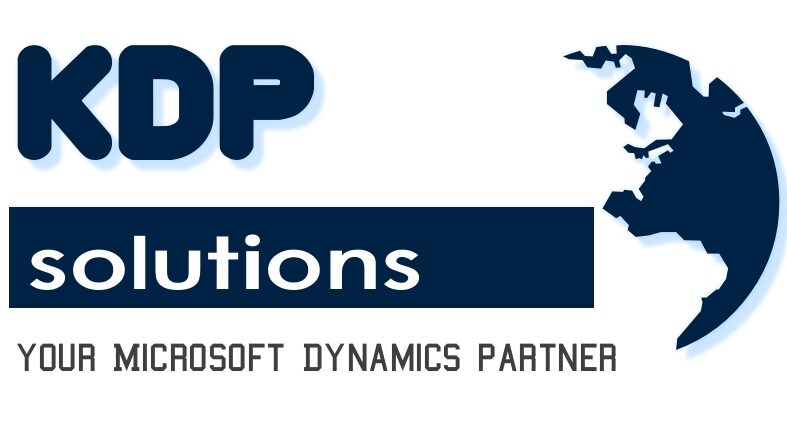If you are scheduling to roll out Microsoft Dynamics 365 Sales Professional to your Salesforce/Sales team, there are two available licenses:
- Dynamics 365 Sales Enterprise – Full sales capabilities, designed for organizations with complex sales processes.
- Dynamics 365 Sales Professional – Core sales functions suitable for teams with simpler requirements.
In this article, we will explore the main differences and shared capabilities between the two types to assist you in selecting the best-fit license requirements for your organization. Many of our customers utilize both editions, and those who fall into the Professional category are particularly pleased as they are only paying for the features they need, enhancing their budgetary efficiency.
Pricing
- Sales Enterprise (Approx): $139CAD per user/month (105$ USD)
- Sales Professional (Approx): $90.20 per user/month (65$ USD)
Specifically, the Microsoft Dynamics 365 Sales Professional license provides essential tools that are ideal for small to medium-sized businesses.
Sales Professional serves as an excellent starting point for sellers, offering essential capabilities that cover most standard sales business processes. With a role-based guided setup, the application can be deployed swiftly using existing Office settings, ensuring a smooth transition for your sales team.
Additionally, both Sales Professional and Sales Enterprise provide supplementary savings in setup time through our managed services offering, which can simplify the integration process significantly.
Sales Enterprise & Sales Professional Include:
Both license types grant the right to create and manage a variety of entities and processes in Dynamics 365, which are vital for any sales organization:
- Leads
- Opportunities
- Accounts
- Contacts
- Activities
- Campaigns
- Marketing Lists
- Products
- Price Lists
- Quotes
- Orders
- Dashboards
- Basic case creation
Finally, both options provide a consistent experience by connecting Dynamics 365 with Outlook, Microsoft Teams, Excel, and Power BI, creating an integrated ecosystem for sales operations.
Customization
While Dynamics 365 includes many sales scenarios, your organization may require additional lightweight or heavy customizations based on specific needs. This flexibility is crucial for tailoring the platform to your unique business processes.
Sales Enterprise users can create and work across unlimited custom entities, allowing for extensive personalization of the platform. In contrast, Sales Professional users are limited to a maximum of 15 custom entities, similar to the “Team member” license. This limitation can affect larger organizations that require more complex customization to meet their sales goals.
Sales Enterprise Extra-functionalities
There are several advanced functions and services within Sales Enterprise that are not available to Sales Professional users, which can significantly enhance sales performance:
- Sales Goals – Set and track individual and team sales targets.
- Sales Hub – A centralized platform for sales activities and insights.
- Territory Management – Organize and manage sales territories efficiently.
- Forecasting – Utilize predictive analytics to forecast sales performance.
- Product Families & Relationships – Manage product hierarchies and cross-selling opportunities.
- Competitor Tracking – Monitor competitor activities and market positioning.
- Configure and Define Teams – Customize team structures for optimal performance.
- Sales Playbook – Access best practices and strategies in one place.
- Knowledgebase – Repository for information and resources to support sales efforts.
- Embedded Intelligence – Leverage AI to gain insights and optimize sales strategies.
If additional products are required, Sales Enterprise also offers:
- Power Apps – Create custom applications to enhance business processes.
- Forms Pro – Collect and analyze customer feedback effectively.
For organizations looking for lightweight customization on top of the regular sales processes, we highly recommend starting with Sales Professional and then transitioning to Sales Enterprise as your requirements grow. This approach allows for a gradual investment tailored to your organization’s evolving needs.
For detailed differences between the two versions, you can visit Dynamics 365 Sales Pricing. If you have any further questions or need assistance, feel free to contact us for a comprehensive review of our offerings.
Moreover, implementing Microsoft Dynamics 365 can significantly streamline your sales processes, improve team collaboration, and enhance customer engagement. By leveraging advanced analytics and AI capabilities, your organization can gain valuable insights into customer behavior and market trends, allowing for informed decision-making.
Additionally, it’s essential to train your staff adequately during the transition phase to ensure they can utilize the platform effectively. Consider establishing a support system or user groups to share best practices and tips within your team. This will foster a culture of continuous improvement and ensure that everyone is on the same page regarding the use of Dynamics 365.
Your organization’s success in adopting Dynamics 365 also heavily depends on your ability to define clear sales processes and objectives. Take the time to map out your existing workflows and identify areas that could benefit from automation or enhanced tracking. This preparation will help you make the most out of the capabilities offered by either Sales Enterprise or Sales Professional.
In conclusion, whether you choose Dynamics 365 Sales Enterprise or Sales Professional, both options can significantly enhance your sales operations. Carefully consider your organization’s specific needs and future growth potential when making your decision, ensuring that you select a license that aligns with your strategic goals.
